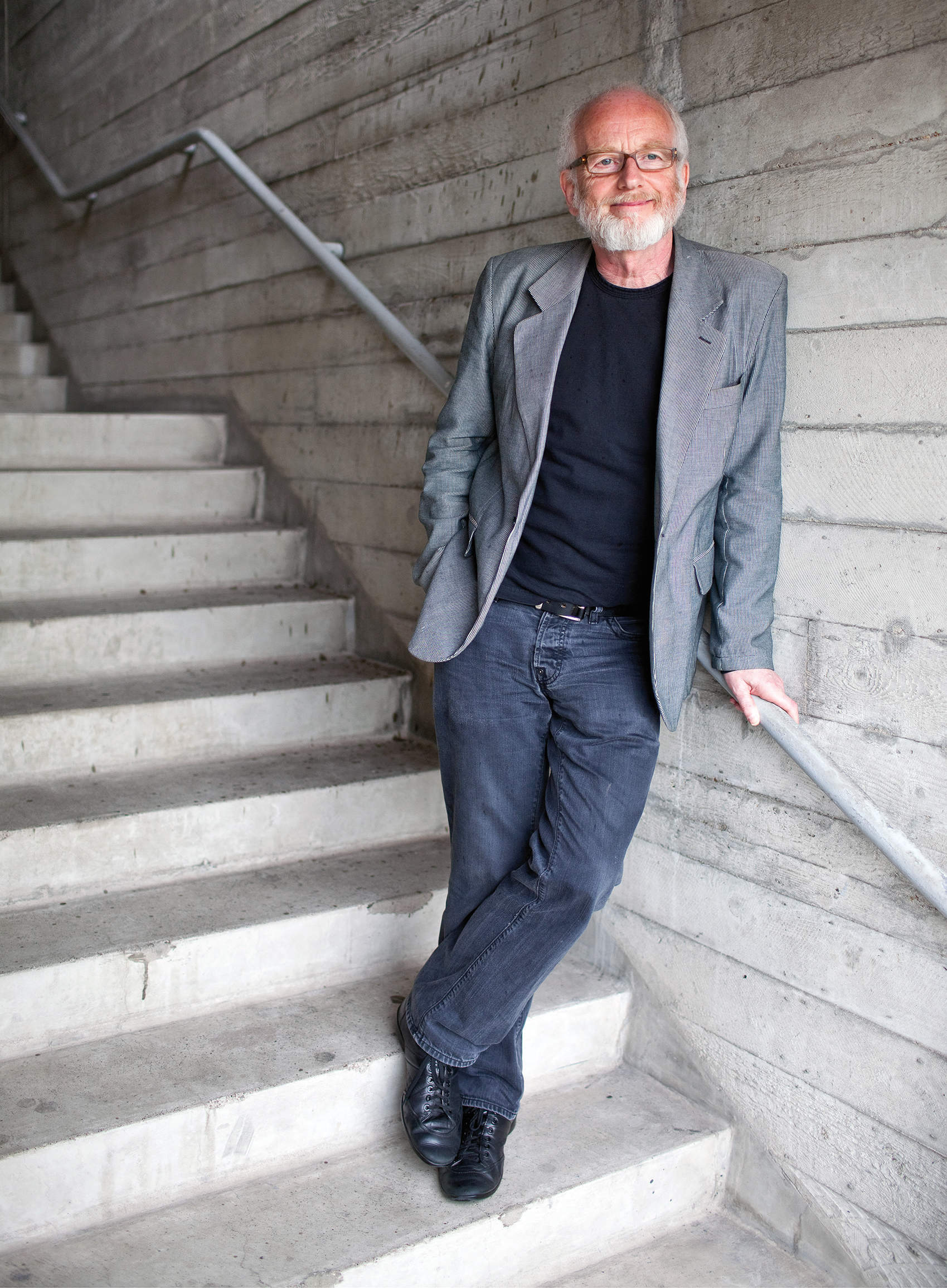
The “rivers of blood” speech may have defined Enoch Powell, but when the late Conservative MP delivered it almost half a century ago, his performance was hardly stellar. The acoustics in the old Midland Hotel in Birmingham weren’t ideal, and Powell – hunched and staring intently at his notes – fluffed a few lines.
Ian McDiarmid does an eminently better job in What Shadows, Chris Hannan’s new play, which opened on 27 September at the Park Theatre in north London. During the preceding tour, audiences always reacted to McDiarmid’s rendering of the speech in the same way: numbed silence.
“As I look ahead, I am filled with foreboding,” Powell declared of immigration from the Commonwealth to Britain (quoting the Sibyl’s prophecy in Virgil’s epic poem the Aeneid). “Like the Roman, I seem to see ‘the River Tiber foaming with much blood’.”
“It packs a punch for young people who haven’t heard it, and I think it often depresses the older ones as it shows how little we’ve moved on,” says McDiarmid, dressed casually in jeans and a pullover when I meet him backstage. “The point Powell made about race is now being made by Nigel Farage and others like him – but without, of course, Powell’s intellectual hinterland.”
McDiarmid is a distinguished Shakespearean actor but is perhaps best known as the Emperor Palpatine in the Star Wars films. The idea of playing Powell fascinated and terrified him. “I knew it could be dangerous, but there are so many facets to Powell’s character that the challenge he offered to me as an actor was irresistible.
“There is an epic Shakespearean sweep to his rise and fall and it’s hard not to see echoes of Coriolanus. The way Chris Hannan has written the piece is, however, not judgemental. We leave it to audiences to judge.”
The 73-year-old actor doesn’t share Powell’s views on race: he voted Remain in the EU referendum. The tone of the debate that has ensued troubles him, but he was determined never to “play politics” with the Tory MP by portraying him as a mere pantomime villain.
“He was, above all things, an emotional man, and it is his emotional core that drives the piece – hence the title, which comes from Edmund Burke’s line: ‘What shadows we are and what shadows we pursue.’”
The play focuses on Powell’s doomed friendship with Clem Jones, the liberal-minded editor of the Express and Star paper in his Wolverhampton constituency. Powell consulted him in advance on how to attract media attention for the speech, but did not divulge its contents.
McDiarmid was 24 and at acting school in Glasgow when he saw the headlines that the address made. “I had an image of him then as the big bad wolf but, when I started to research this role – reading the books and seeing the newsreel footage – I realised we had things in common. He was something of an actor himself in many ways. He valued logic and reason, and he had the quality of authenticity. It would have appalled him the way politicians now all too often say things that they know to be untrue.”
The play references the line in Powell’s speech about a solitary white widow living in a street of “Negroes”, who, among other indignities, had “excreta” pushed through her letter box. Powell refused to identify her, which made people suspect he had invented her. But McDiarmid defends Powell’s character on this issue.
“It wouldn’t have been consistent with his need for veracity. I don’t say he didn’t have flaws, though. He was a vain man and he was not uninterested in money. Two journalists told me how he wanted to get as much ‘filthy lucre’ out of them as possible for interviews.”
The play has attracted all ethnicities and white guests have confessed to feeling “awkward” during some scenes. “Theatre shouldn’t always make you feel comfortable,” McDiarmid replies. “It should be challenging sometimes.”
He says the awkwardness never extended to the rehearsal room, where his fellow cast members – including the superb Waleed Akhtar of the film Salmon Fishing in the Yemen – could discuss the issues intelligently and dispassionately.
McDiarmid regards his greatest responsibility to be to Powell and also to his two surviving children – Susan and Jennifer. “I was asked if we should invite them to see the play, but I felt we should leave it to them. I suspect the last thing they’d want is to have to relive that time again.”
The actor has, however, met the late Clem Jones’s journalist son, Nicholas. “I felt a bit self-conscious about the poetic way we showed his father picnicking with Powell. ‘I was there on those picnics,’ Nick told me. ‘I’m afraid it was even worse than that – Enoch orated to trees.’”
McDiarmid is a perfectionist – another similarity with Powell – and has grown a pencil moustache, while the wig designer Richard Mawbey has gifted him an immaculate Powellian quiff. Powell’s nasal voice, too, is expertly replicated. McDiarmid even spent time with Parkinson’s sufferers to help him understand how to portray the condition that afflicted the Tory MP in his later years.
The result is unnervingly true to the original, but McDiarmid laughs at the charge that he has reanimated a monster. “We have to face up to our past and talk it through,” he says. “Part of that, I think, is getting our heads around Powell. We need to face down all of our demons.”
Tim Walker is a writer and broadcaster
This article appears in the 04 Oct 2017 issue of the New Statesman, How the rich got richer





